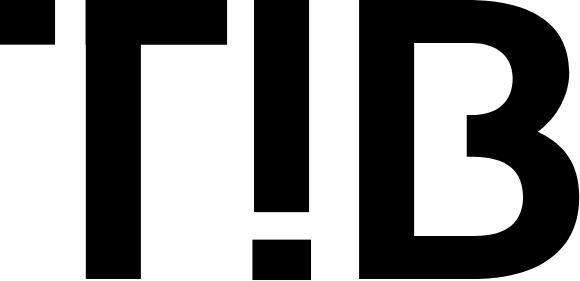Is Skincare on TikTok a Dangerous New Obsession for Gen Z?
Over the last few years, TikTok's safety concerns have been highlighted repeatedly. We’ve had crazy trends gone wrong like the milk crate challenge, and outright dangerous fads that have left people with life altering wounds. And, that’s just the tip of the iceberg.
From a political standpoint, things aren’t looking good for the platform either. Owned by the Chinese company, ByteDance, the platform has also come under fire from several Western governments lately. The United States, in particular, is threatening to ban the app unless an American company acquires it to address data security concerns.
Despite all of this, social media users continue to place a lot of trust in online content that is found on the platform. Many users said they believe the things that influencers post on social media, and that includes TikTok videos and hacks related to practically anything.
Casting our focus onto the beauty landscape, ‘SkinTok’ has emerged as a major theme on the platform. These types of videos are aimed at helping TikTok users learn from skincare gurus about how to deal with certain skin ailments and achieve healthy skin. However, it seems like the TikTok skincare market has also had its fair share of social media controversy.
Given that TikTok now have over 150 million users in the United States alone, many of whom are young adults and Gen Z, we wanted to look into how the SkinTok movement has emerged and at the impacts these trends are having on its users.
Diving into the #SkinTok revolution
The skincare TikTok trend is wide reaching. It covers people who share stories about their journeys with acne, or profiles that try and test expensive products and give you their honest opinions. It can also be informative videos from clinicians and skin specialists, or it can relate to profiles that share DIY beauty hacks.
Do you remember the passport makeup trend? Yep, that started on TikTok. Slugging? That was a top Google search last year inspired by TikTokkers too.
Actually, #Skintok has over 12.3 billion hits on TikTok so you get the idea that this covers a broad range of social media content.
The main thing that brings all of these videos together is skincare. For many, its a key source of information and a way to learn more about how to maintain your skin and use products that work.
We can’t deny that by learning through others on TikTok, the platform has helped many get to know their skin by relating to others. However, all users should also be exercising caution.
TikTok skincare fads continue to emerge
As I’ve already mentioned, there are some good points to Skintok. However, it’s critical that we also address the negative aspects to understand what’s actually going on.
Firstly, the sheer quantity of Skintok hashtags makes it incredibly difficult to police or validate videos. Basically, there’s no guarantee that people claiming to have insider knowledge are actually legit and that makes things dangerous. This is the case when model Eli Withrow kicked off a viral skincare trend called ‘sunscreen contouring’ to encourage certain parts of her face to tan differently. Naturally, there was a huge backlash as people warned that not using sunscreen corrently can raise the chance of cancer and damage skin cells beyond repair. But, that wasn’t before thousands of people had tried the hack for themselves.
Secondly, some of these DIY hacks simply don’t work and might actually have adverse affects which is again dangerous. While few people have spoken out about this, take it from Tilly Whitfield who tried a viral TikTok that went horribly wrong 2 months before entering Big Brother. “Please please don’t try any “DIY” or “at home” beauty procedures I ended up in hospital with temporary loss of vision in my eye due to swelling and was very sick from the infection, not to mention my face was somewhat unrecognisable,” she explained at the time.
What’s also alarming is TikTok’s algorithm -- as people susceptible to being influenced by such videos will likely start to see a lot more in their feeds. This prompts a vicious cycle that leaves some of the most vulnerable social media users at increased risk due to the platform’s influence. As a result, it may even trigger ‘skin anxiety’ and make users want to try more hacks to handle their skin. Yikes.
#SkinTok: Friend or foe?
The answer to this is complicated. However, if you can’t verify that a TikTok personality has professional skincare expertise, then you really need to stop and take a pause. Skincare is a nuanced field and fact-checking skincare advice before trying it is key.
While I’d argue that social media platforms should also have a duty to protect users from harmful content related to Skintok, I’m skeptical that we’ll see much change from their side. As a result, we need to focus on supporting TikTok users ourselves against the endless scroll of skincare videos. This comes in the form of education and mental health support.
Educating users about when to recognize dangerous scrolling habits and how to manage social media use is probably a good place to start. What’s more, we should certainly all put on our detective hats and think critically about our sources of information. That, as well as supporting a healthy approach to skincare and skin positivity, means that we can forge a healthy relationship with TikTok instead of scrolling ourselves into skin anxiety.





